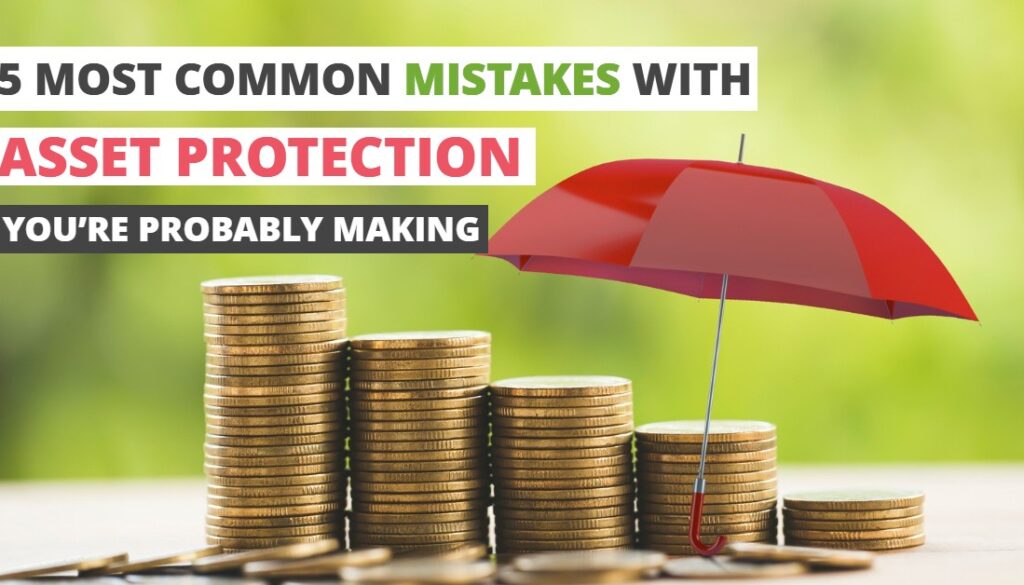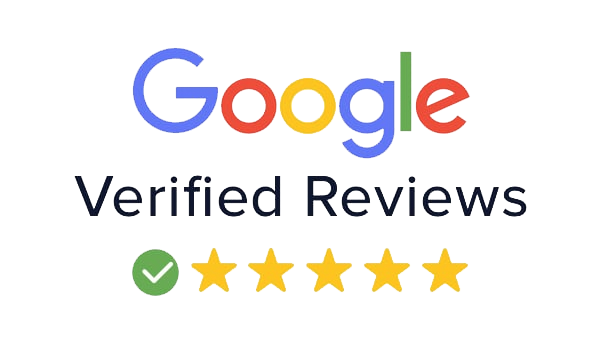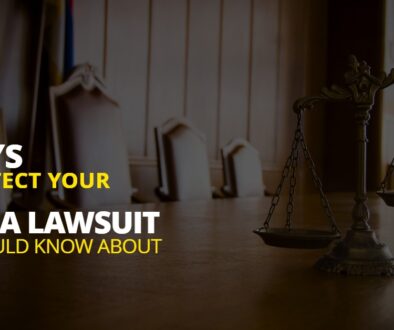5 Most Common Mistakes with Asset Protection You’re Probably Making

As a real estate investor, the best way to safeguard your investments is through tailored asset protection strategies. Without taking action against potential financial threats, you risk losing out on key opportunities and being unprepared in times of crisis – making it essential that one takes appropriate steps to properly protect their assets.
Mistake #1: Difficulty comprehending the choice of entities
Real estate ownership requires careful consideration of the various methods available to ensure proper asset protection, tax optimization and liability reduction. Choosing which entity is best for your circumstance involves assessing a range of factors that are unique to you-a one-size fits all approach cannot guarantee success in this important decision making process. To avoid potentially costly missteps, it’s essential to fully understand how these options differ from each other when deciding on safe real estate investments.
Mistake #2: Inability to grasp the significance of privacy
Privacy is imperative in order to safeguard your assets. An anonymous defendant with no trace of ownership on the internet provides far less incentive for a plaintiff’s lawyer seeking compensation following court proceedings than one whose name appears across multiple LLCs and properties. In today’s digital age, however, privacy can be hard to keep hold of – that’s where we come in. Our specialized services offer an array of legal solutions designed specifically to help you protect what matters most: your financial identity and security from potential lawsuits or other threats associated with being publically identified as owning certain investments or holdings.
Mistake #3: Not understanding how to coordination with other plans
Creating an effective asset protection plan requires strategic foresight and preparation. It is essential to consider not only the legal implications of current tax or estate laws, but also how they are interconnected in order to craft a holistic and mutually beneficial strategy – otherwise you may find yourself facing unintended negative repercussions down the road. For this reason it’s important that your planning process takes into account all possible avenues for successful implementation.
Mistake #4: Having a grantor trust/single member llc own rental properties
Estate planning can be an effective tool for many, yet grantor trusts and single-member LLCs may not offer the protection from creditors you are looking for; in fact some states even allow additional remedies. It’s important to consider all factors when deciding between a trust or LLC structure as part of your estate plan.
Mistake #5: Taking zero action
It’s never too soon to take steps to shield your lifetime of achievements and investments from potential litigation. Alas, the process can be daunting – leaving many frozen with inaction. Consider working with an attorney or other knowledgeable professionals for advice in constructing a plan that propels you toward reaching your financial objectives while ensuring protection against future legal woes.





